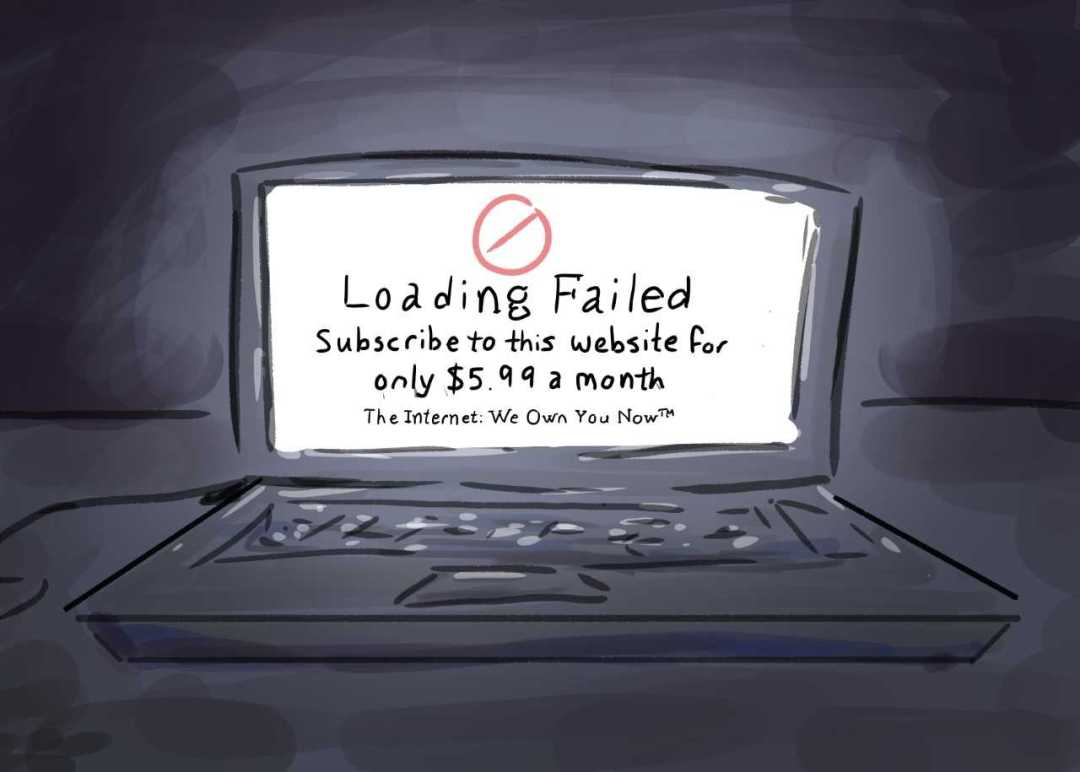By Daeg Hamilton
On December 14, 2017, the Federal Communications Commission (FCC) voted 3-2 on the removal of the Net Neutrality Laws that were previously set up and protected in April 13, 2015. For those unaware of these circumstances, this can be seen as a major threat for anyone who frequently uses the internet for entertainment, work, studying, or communication.
Net Neutrality is the basis that no Internet Service Provider (ISP) such as Comcast, Verizon, AT&T, and so on can infringe upon the speed or availability of any specific website or set of websites. This means all websites are treated equal, from the big guys such as YouTube, Twitter, and Facebook, to the smaller, starting out websites. Every website is available at the same price, the same speed, and the same time. There is, hence the name, neutrality on the net.
But now, those fundamental laws are in jeopardy, and in turn the internet. As a result of the vote by the FCC to remove these laws, it’ll become 100% legal for ISPs to infringe on different websites— how they run, how fast, when, at what price, or if they become available to the public at all. This is a direct attack on the safety and insurance of freedom of information to the public.
“While the FCC change is intended to allow the market and our internet providers to offer expanded services, including to underserved areas, and options for faster speeds,” states Cape Cod Community College’s (4Cs) President John Cox in a mass email sent to all students, faculty, and staff, on December 15, 2017, “my concern is that this change will exacerbate inequality in access to the internet.”
Cox is right to be concerned, as the freedom of the internet, speech and information is crucial for minorities, schools, freelancers, and nonprofit companies to thrive as they were. The basis of innovation and growth will be left to serve the already successful and wealthy. Without the safety of the Net Neutrality laws, ISPs could downright censor entire websites based on political, socio-economic, religious, or sexual agenda if they so please, and could get away with it.
Including, thinking hypothetically, if ISPs decide to put price tags on using certain websites, what would that mean for the students of Cape Cod Community College? There is speculation that an addition of paid subscription to certain websites may bring higher costs to the college’s budget.
“As the outcome of this decision is projected into the future,” the Cox email continues. “I see higher costs for the College to ensure a high-quality, high-speed access to the services we have come to expect.”
There is hope, however. According to http://www.battleforthenet.com, the people have time until April 23, 2018 to push the Senate of the United States Government to pass the Congressional Review Act (CRA), which will allow the Senate to push back the FCC vote and create a bill that signs Net Neutrality back into law. Here’s the kicker: the senate only needs one more vote, as there are 50 votes of the required 51 total, to pass the CRA.
That’s only the first step, though. Then the bill will have to pass the House, and then ultimately be signed by President Donald Trump, who has been said to support the repeal of the Net Neutrality laws. So now, it is up to the people, and the students of Cape Cod Community College, to push for the rebuttal of the FCC vote, and to put pressure on lawmakers to reflect the voices of the people, not politicians.

